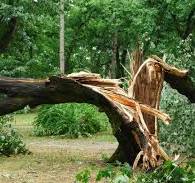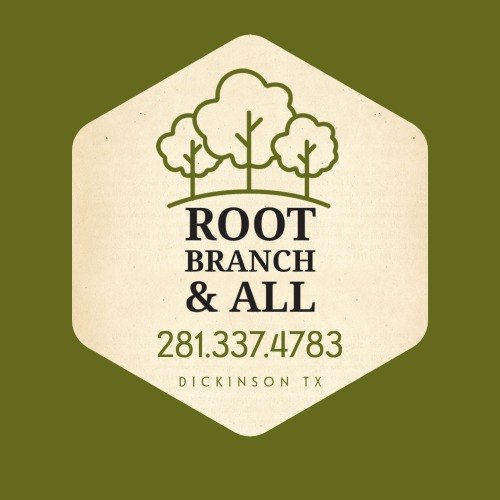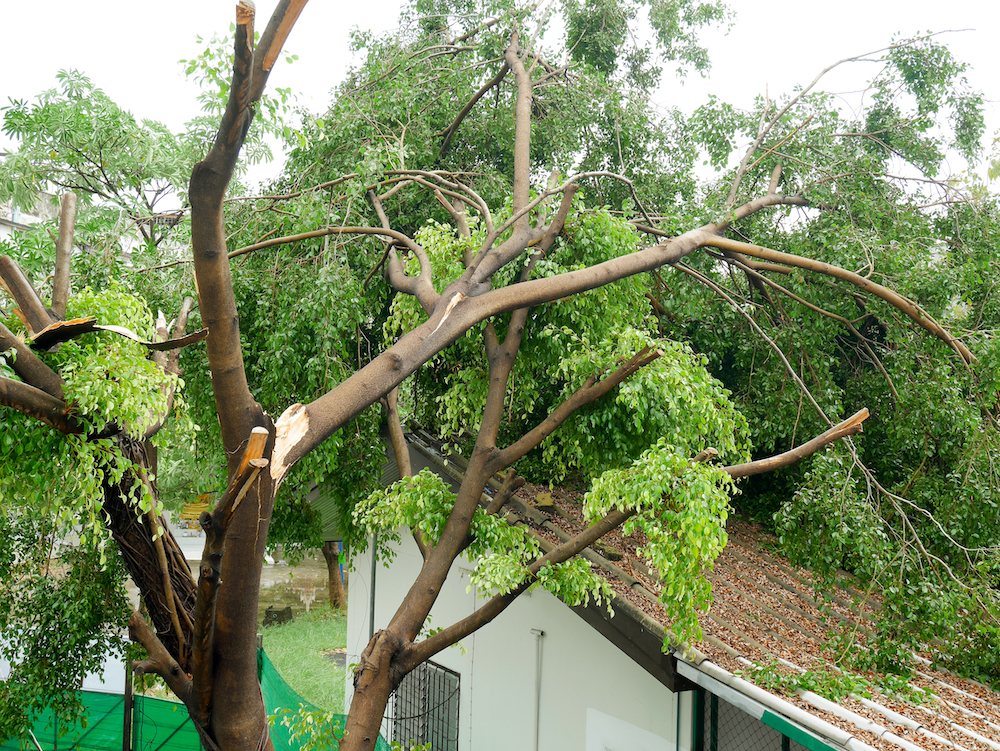Trees are an essential part of our ecosystem, providing shade, beauty, and homes for wildlife. However, they can also pose a risk if they fall, especially during storms or due to decay. If you have a large tree on your property, it’s crucial to understand what to do if it falls and how to prevent such incidents.

What to do when your tree falls?
Firstly, in the event of a tree falling, safety should be your priority. If the tree falls on a building, evacuate to the ground floor as quickly and safely as possible. If the fallen tree blocks your exit, call for help. Depending on the severity of the situation, emergency services might be required. Roof damage may expose your home to weather elements, so take steps to cover anything that could be damaged by moisture and secure your valuables.
Call an Arborist
After ensuring everyone’s safety, an arborist should be contacted. Arborists are experts in handling complex tree situations; they are equipped with the necessary equipment and experience to handle standard tree removal practices efficiently. While hiring an arborist might be costly, their professionalism and comprehensive insurance coverage make the cost worthwhile.

Call your Insurance Company
If the fallen tree has caused damage, your next call should be to your insurance company. Regular homeowner’s insurance covers damage to your home from fallen trees and pays for removing trees damaging your property. An insurance adjuster should assess the damage before any tree removal work begins.
In cases of severe damage rendering your home unlivable, secure doors and windows to prevent looting. If a tree or branch has punctured a hole in the roof or side of the house, call a contractor for prompt repairs to make your home waterproof and livable again.
Remember, when storms occur and many trees are down, some businesses may approach you offering their services. However, removing a tree from a structure is serious business, and it’s best left to certified arborists trained in advanced rigging and understanding the forces involved.
If a tree falls due to “natural causes,” the person whose property is damaged will typically pay for it. This means if your neighbor’s tree falls on your house, you and your insurance company will pay for the damage, and vice versa. However, if the tree was clearly dead or dying and you were warned that it was unhealthy, you would be responsible for the damage.

Keep accidents at bay if a tree falls your way
Prevention is always better than cure. If you notice a tree looking like a fall hazard, call a local tree care company. A certified arborist can assess whether the tree needs to be removed, treated, or cabled. Regular inspection of your trees and your neighbor’s trees can help prevent damage.
In conclusion, while we enjoy the benefits that trees provide, it’s crucial to be aware of the potential risks they pose and take appropriate measures to prevent accidents.
Comments
Pingback: The Ultimate Guide to Professional Tree Services in Dickinson, Texas - Root Branch 'N' All